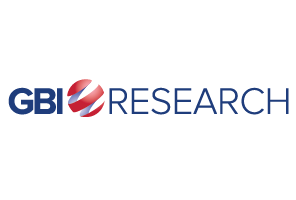Thalidomide was originally developed in the 1950s as a mild sleeping pill and was also found to be effective at relieving morning sickness in pregnant women.
However, the teratergenic side effects of thalidomide were only discovered after it was marketed, and it was then withdrawn from the market.
Since then thalidomide has been repurposed and is now approved for the treatment of multiple myeloma and erythema nodosum leprosum (ENL), a complication of leprosy, under the brand name Thalomid.
Due to the serious side effects of Thalomid, Celgene, which markets the drug, had to agree to restrict the drug’s distribution through a Risk Evaluation and Mitigation Strategy (REMS) program.
The REMS program is an FDA requirement to make sure the benefits of certain drugs outweigh the serious risks and that safety concerns are fully understood.
Improper use of the REMS program?
For the FDA to approve a generic version of a drug it needs a bioequivalence study of the original and generic version to prove equivalence between the two.

US Tariffs are shifting - will you react or anticipate?
Don’t let policy changes catch you off guard. Stay proactive with real-time data and expert analysis.
By GlobalDataMylan, a company that specializes in manufacturing generic drugs, first tried to obtain a sample of Thalomid in 2004.
However, Celgene has used the REMS program as a reason for not having to give rival companies a sample of the original and refused to comply with Mylan’s request.
Over 13 years later, Mylan still has not succeeded in obtaining a sample of Thalomid, and in 2014 it filed an antitrust lawsuit against Celgene, which is still ongoing.
Mylan is arguing that Celgene is abusing the REMS program and should be forced to provide a sample of Thalomid for generic drug production, while Celgene says it has legitimate reason to withhold Thalomid over safety concerns and protect itself from liability.
The FDA has said that drugs under a REMS program can be used for bioequivalence studies; however, it has also said that it cannot compel companies to give samples of a drug to their rivals for the production of generics.
This means that Celgene has been able to dominate the market with Thalomid and, due to the lack of competition from generics, can increase the price of the drug as much as it likes.
The outcome of the ongoing court case will have a huge impact on patients, who suffer most when the drug they rely on increases in price.
An affordable generic version of Thalomid could make the difference between patients receiving life-saving treatment or not.
More from GBI Research: http://www.gbiresearch.com/report-store/




